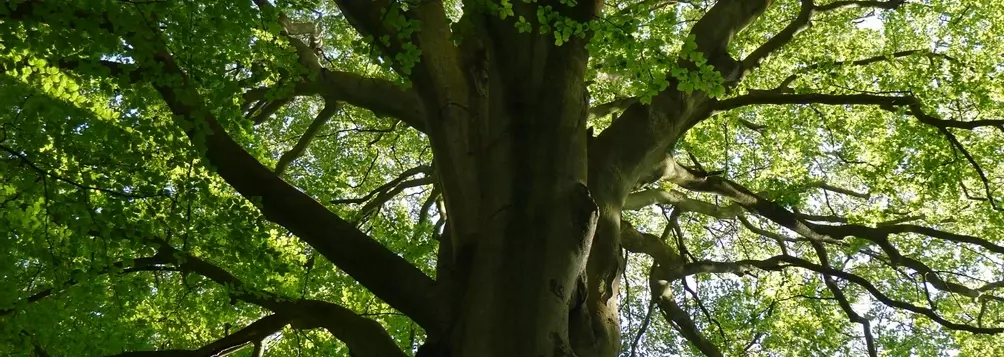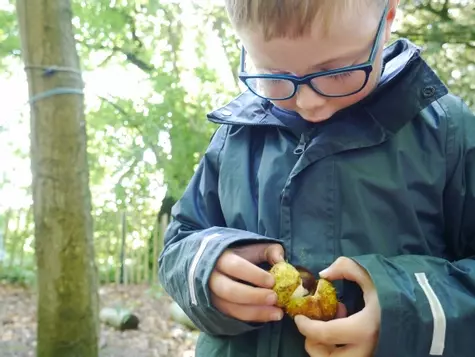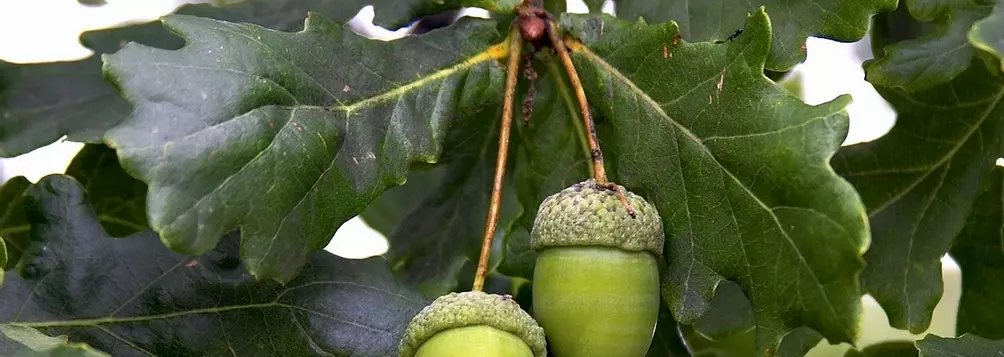'A' is for acorn...
...or is it?
If you were to look in an English Oxford dictionary, Junior edition, and look under 'A' for acorn, what do you think you would find...? Well, you wouldn't find the word or definition for an acorn, that's for sure...
In 2015, around fifty 'nature' words were literally disconnected from the English Oxford Junior dictionary, in exchange for more 21st century savvy words, like attachment, blog and chat-room, instead of acorn, buttercup and conker. A dictionary that is aimed at 7-9 year olds, the prime age for learning and soaking up information like a sponge, is being stripped of information, where a generation will not only not experience first hand in nature, but will now not be able to find the language of the woods in books.
https://www.theguardian.com/books/2015/jan/13/oxford-junior-dictionary-replacement-natural-words
It all kicked off in 2007, when the word 'blackberry' was deleted from the dictionary in preference for the more modern 'block-graph.' Today's generation of children will now be totally confused when their elders ask of them if they would like to go blackberry picking; they will think that their Grandparents are off down the road to pinch an electronic device on which they can converse with others... These omissions started a roller coaster of words being neglected, like 'buttercup' and 'minnow,' which were decided upon due to their lack of usage throughout modern literature. Up to fifty nature words were removed from the dictionary and in exchange replaced by more connected words linked with our modern society. My concern is not that these nature words are being replaced in the dictionary, more so that children's experiences are being narrowed. When individuals do not have episodes to explore in the outdoors, they are desperately losing opportunities to reconnect with their environment and being constantly connected to electronic pathways, they are losing their connectiveness and understanding of nature and the great outdoors, and information about flora and fauna will be lost, not only in books but in children's knowledge...
Only a generation ago, 40% of children played outside in all weathers and had wild, untamed experiences, without the intrusion of adults' fear and concerns with regards to their children's safety. Children learned through trial and error, how and what was safe, and developed strategies to cope, adapt and problem solve in their environment. Now, with a vastly reduced only 10% of children experiencing outdoor play, how can we educate them firstly, through direct and personal contact to their natural space and secondly, about their own living world without them experiencing it first hand or through books...
In the vain hope of holding on to these words for our future generations, Robert MacFarlane and Jackie Morris have recently published a fabulous book, entitled 'The Lost Words,' which is beautifully illustrated and contains poems and spells of all the words that have been omitted from the dictionary during the last ten years. The book endeavours to hold on to our everyday nature words through a series of poems eloquently written by Robert MacFarlane in an acrostic style and beautifully illustrated by Jackie Morris, to remind us how incredible these plants and animals actually are... If children are not going out in nature to discover these animals and plants firsthand, and if they are being taken out of the dictionaries, how will the next generation know what these things in our fields and woodlands are?
If you would like to purchase or just have a look at this stunning book, then you can follow this link.
https://www.penguin.co.uk/ladybird/books/293340/the-lost-words/
A petition has been started to try to bring back these nature words to the younger generation in the vain hope that they will not be lost forever. If this is something that you may be interested in signing, then please follow the attached link and sign up.
Each year the Oxford Dictionaries chose a word of the year and last year, 2017, the word was 'youthquake,' a word that was first coined in 1965 but has since been used frequently, to describe how our younger generation are more actively engaged in political, cultural and social change.
https://en.oxforddictionaries.com/word-of-the-year/word-of-the-year-2017
'An apple a day keeps the Dr away' - well it used to, but today you can say hello to the future with one.
'What's in a name? That which we call a rose by any other name would smell as sweet' - Shakespeare's words hopefully will last forever...








